When you think of wool, you probably picture jumpers, scarves, or thermal socks—not high-performance air filters. But thanks to cutting-edge Australian innovation, Merino wool is fast becoming one of the most advanced materials in the world of personal air filtration.
At AusAir, we’ve spent years refining a natural filtration system using ultra-fine Australian Merino wool, transforming it into a filter that combines exceptional breathability with industry-leading protection. Here’s why Merino wool just might be the future of mask technology.
How Can Wool Be a Filter?
Traditional mask filters are made from tightly packed plastic microfibres—materials like polypropylene, designed to block particles by creating a dense physical barrier. But there's a trade-off: the denser the filter, the harder it is to breathe through it.
Merino wool changes the game. This particular wool—sourced from Australian sheep—is among the finest natural fibres in the world, with diameters up to 80% finer than a human hair. When processed and layered correctly, these fibres create a web of open, three-dimensional pathways that allow air to pass through more easily than synthetic filters.
That means less restriction, less fatigue, and more comfort—especially during long-haul flights, commutes, or extended daily use.
The Science of Electrostatic Filtration
The real secret lies in electrostatic energy.
During processing, Merino wool fibres are treated in a way that allows them to hold a long-lasting electrostatic charge. Think of rubbing a balloon against your jumper—the static charge can attract and hold light particles like dust. Wool fibres do the same thing, attracting and trapping airborne particles without needing to block them physically.
This makes a wool face mask filter not only breathable but highly efficient at capturing microscopic particles, including:
- PM0.1 and PM2.5 pollution
- Airborne bacteria and viruses
- Smoke, allergens, and fine dust
In lab testing, wool-based filters like the one used in AusAir’s AirWeave mask have been certified to filter over 99% of airborne particles as small as 0.1 microns—on par with leading synthetic filters.
Comfort Meets Clean Technology
Unlike scratchy traditional wool, the Merino wool used in our filters never touches your skin. It’s housed inside a soft, copper-infused spunbond outer layer that’s gentle, antimicrobial, and engineered for all-day wear.
The result? A breathable high-filtration mask that doesn’t compromise on comfort, aesthetics, or performance.
Sustainable by Nature
There’s another benefit to Merino wool: it’s a renewable, biodegradable material. Unlike petroleum-based plastic filters that generate waste, wool is naturally produced and decomposes in soil within months. For eco-conscious users, that makes it a powerful alternative to synthetic materials—and a step toward cleaner air and a cleaner planet.
Final Thoughts
The next generation of filtration isn’t just high-tech—it’s highly natural. With its blend of breathability, electrostatic efficiency, and sustainability, Merino wool mask technology is setting a new standard in wearable protection.
If you’re looking for a natural mask filter material that doesn’t make you choose between comfort and protection, it’s time to give wool the credit it deserves.

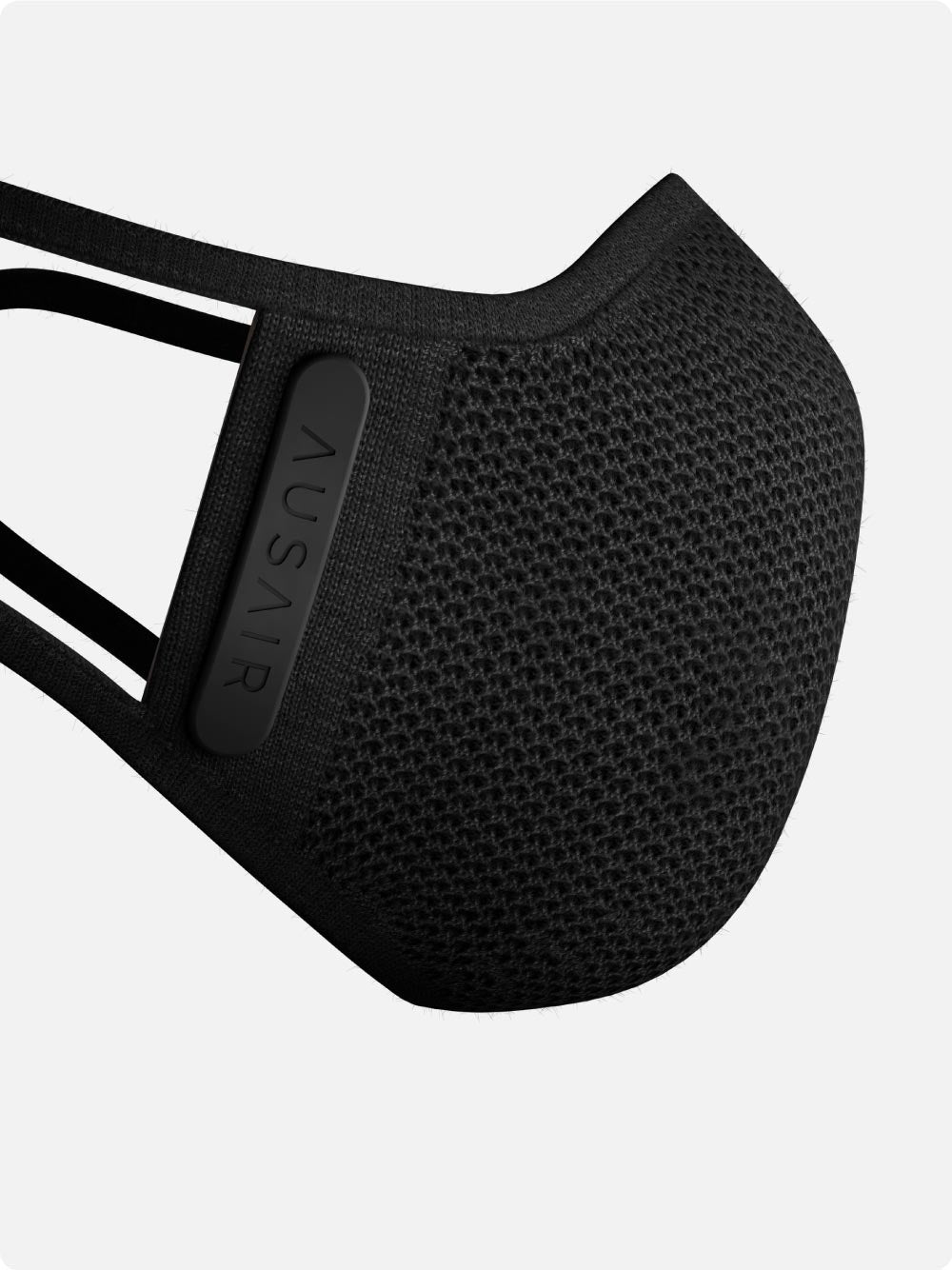
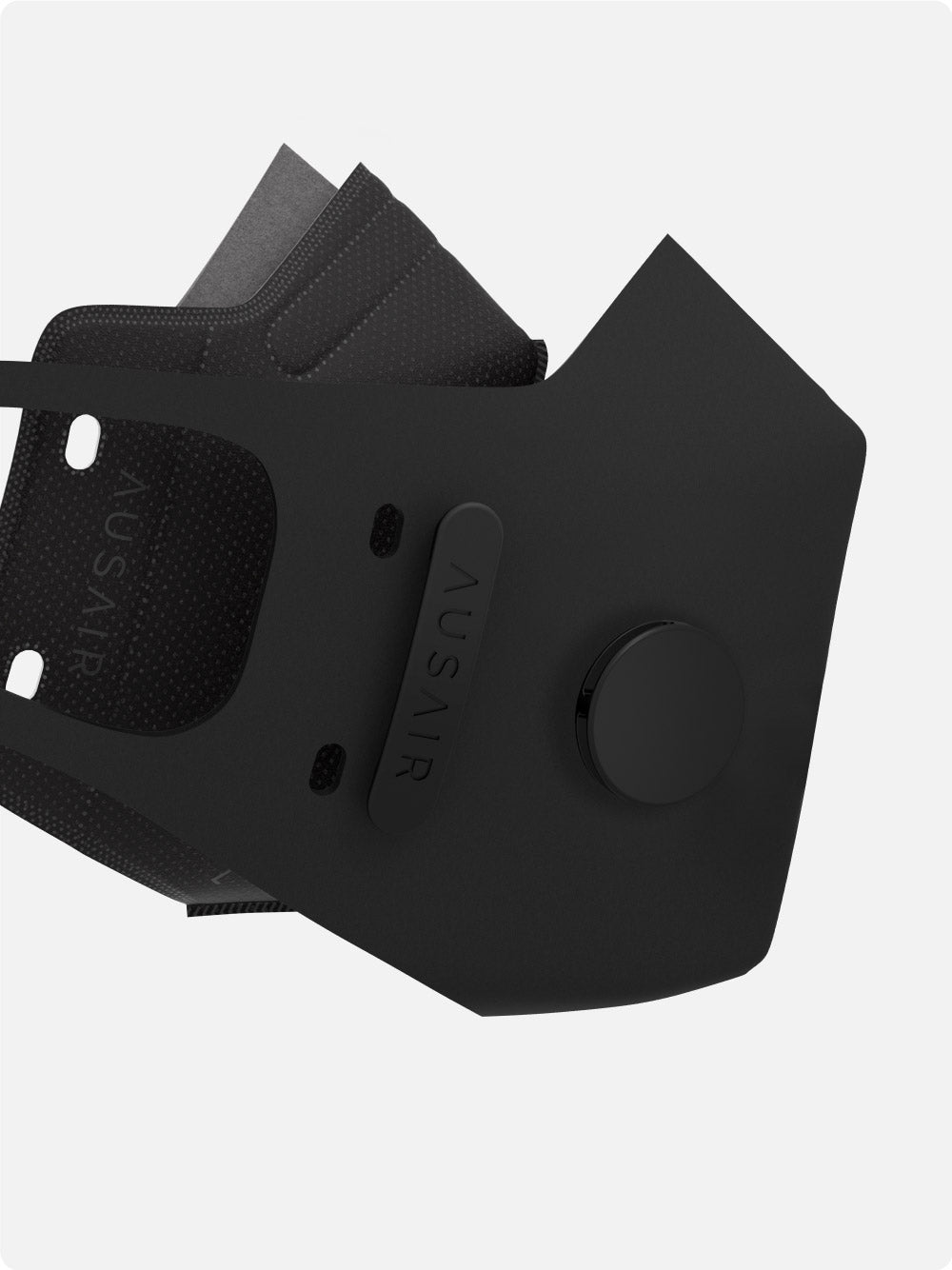
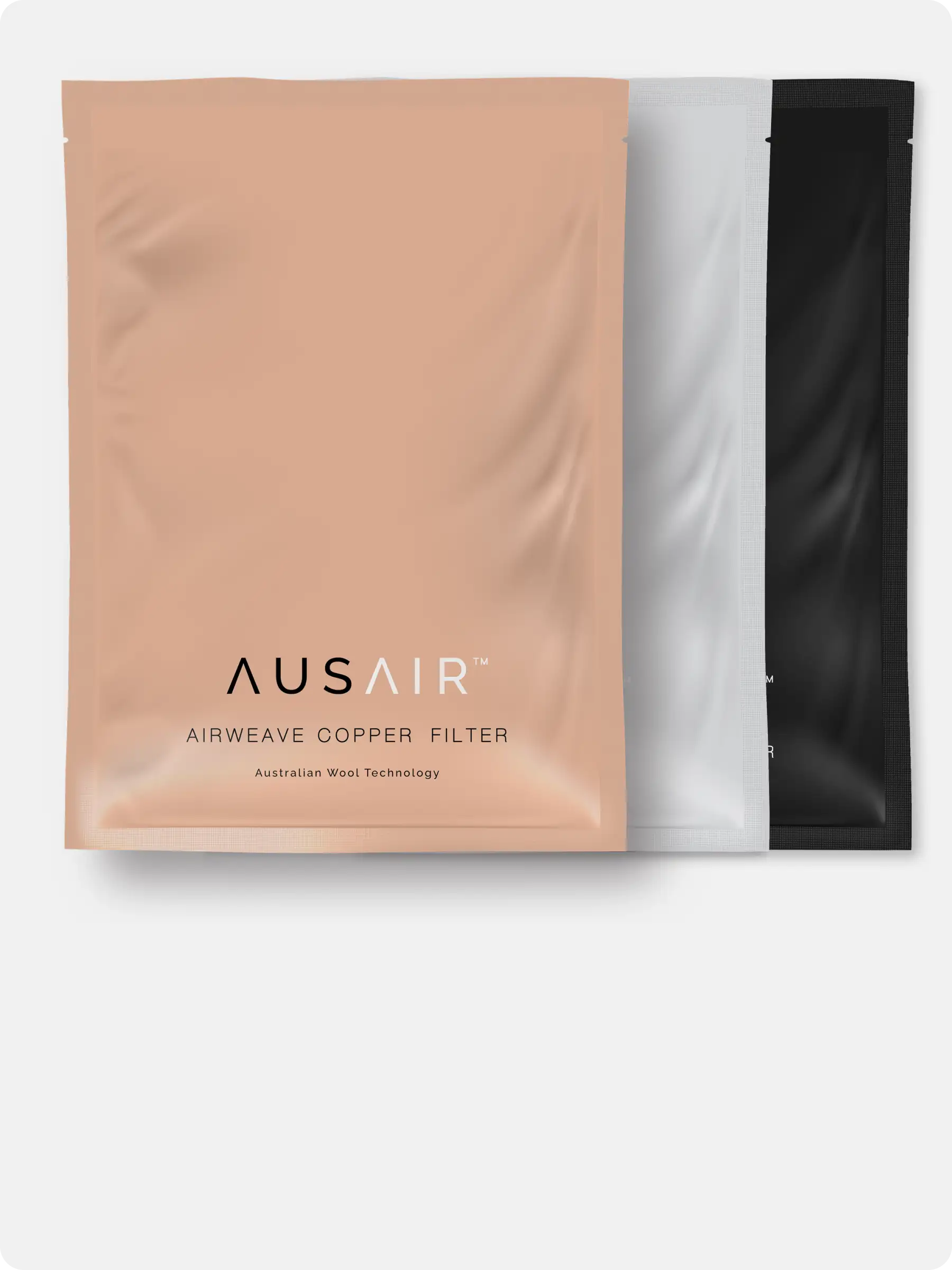
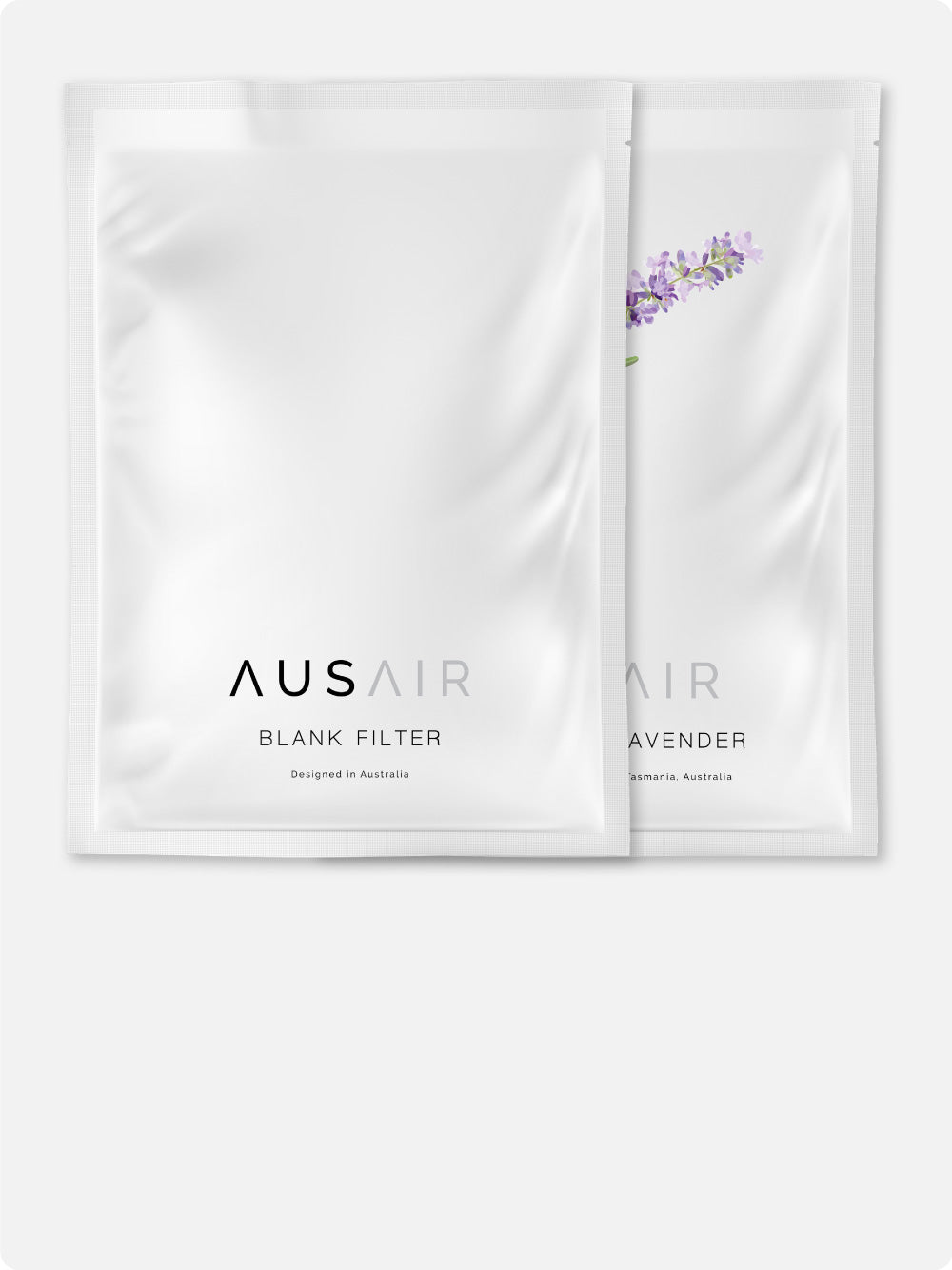

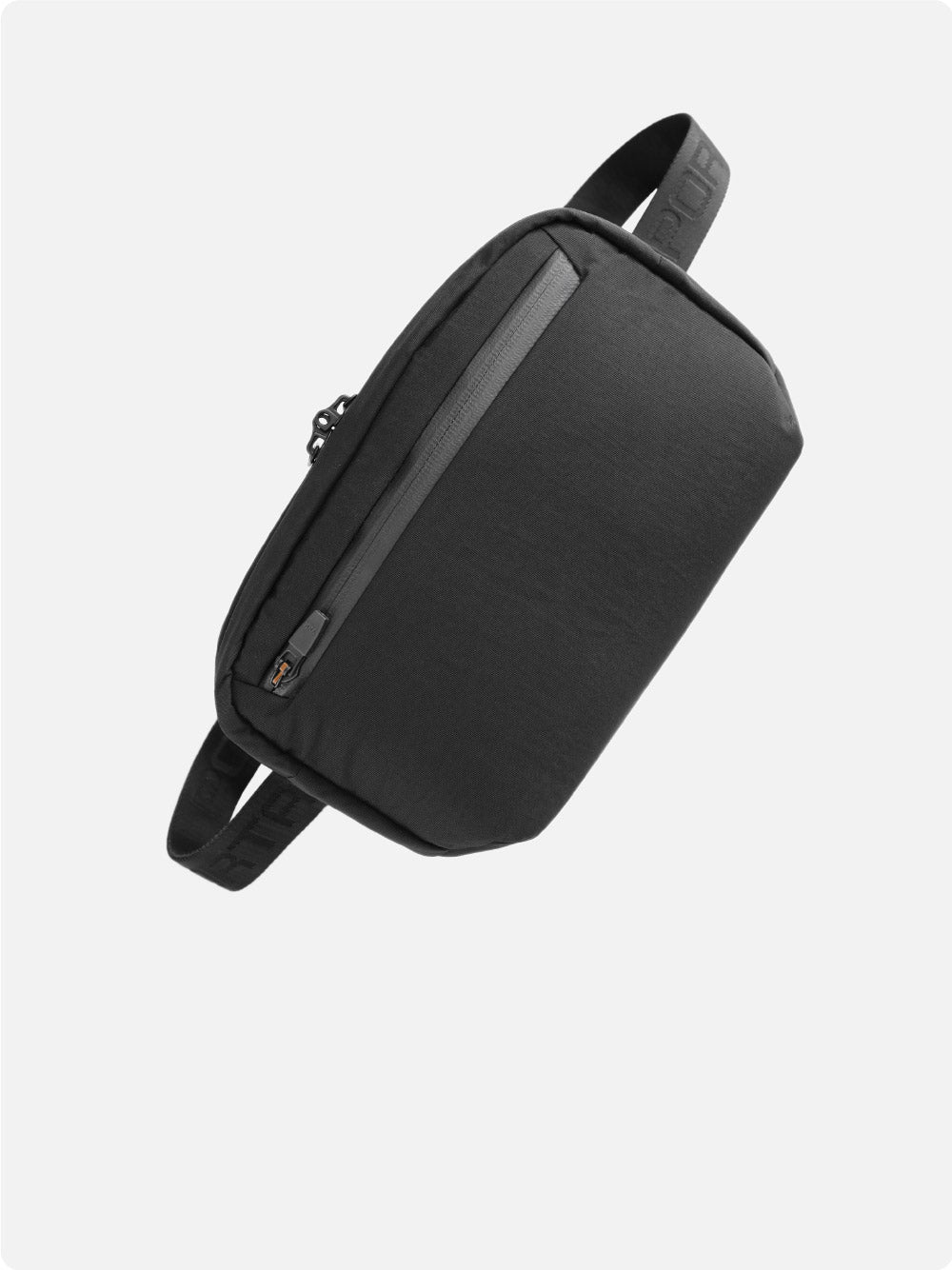
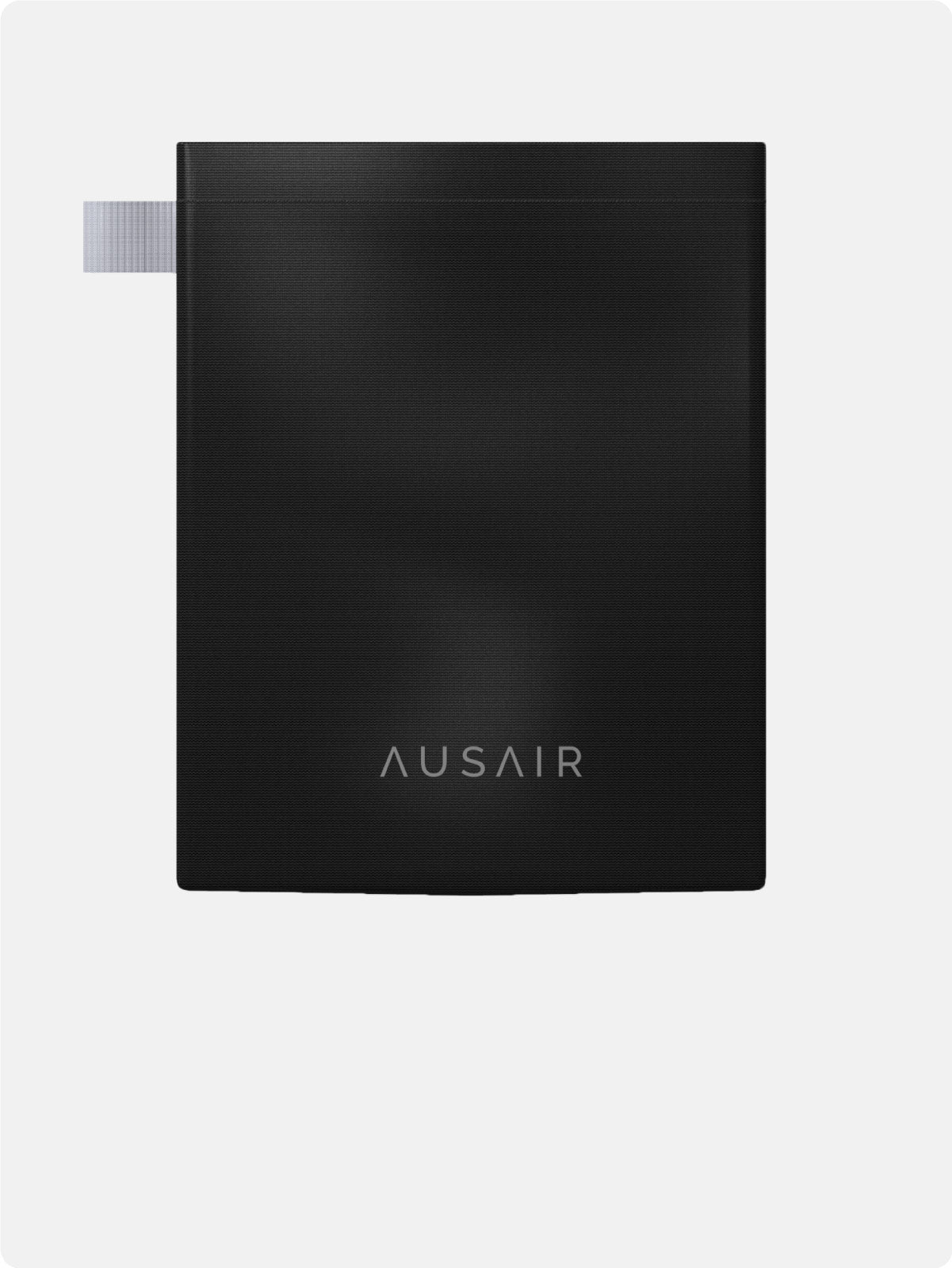
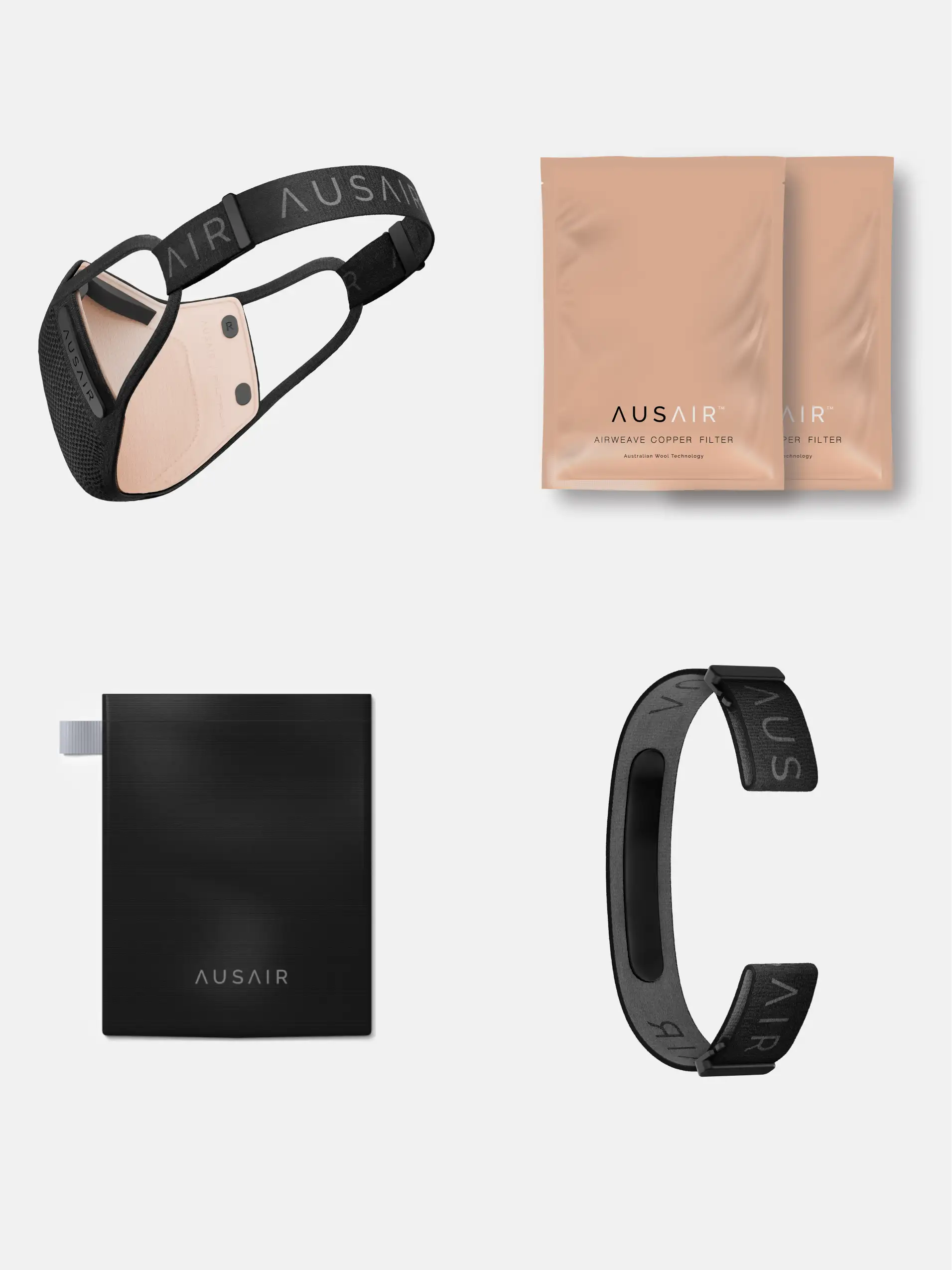
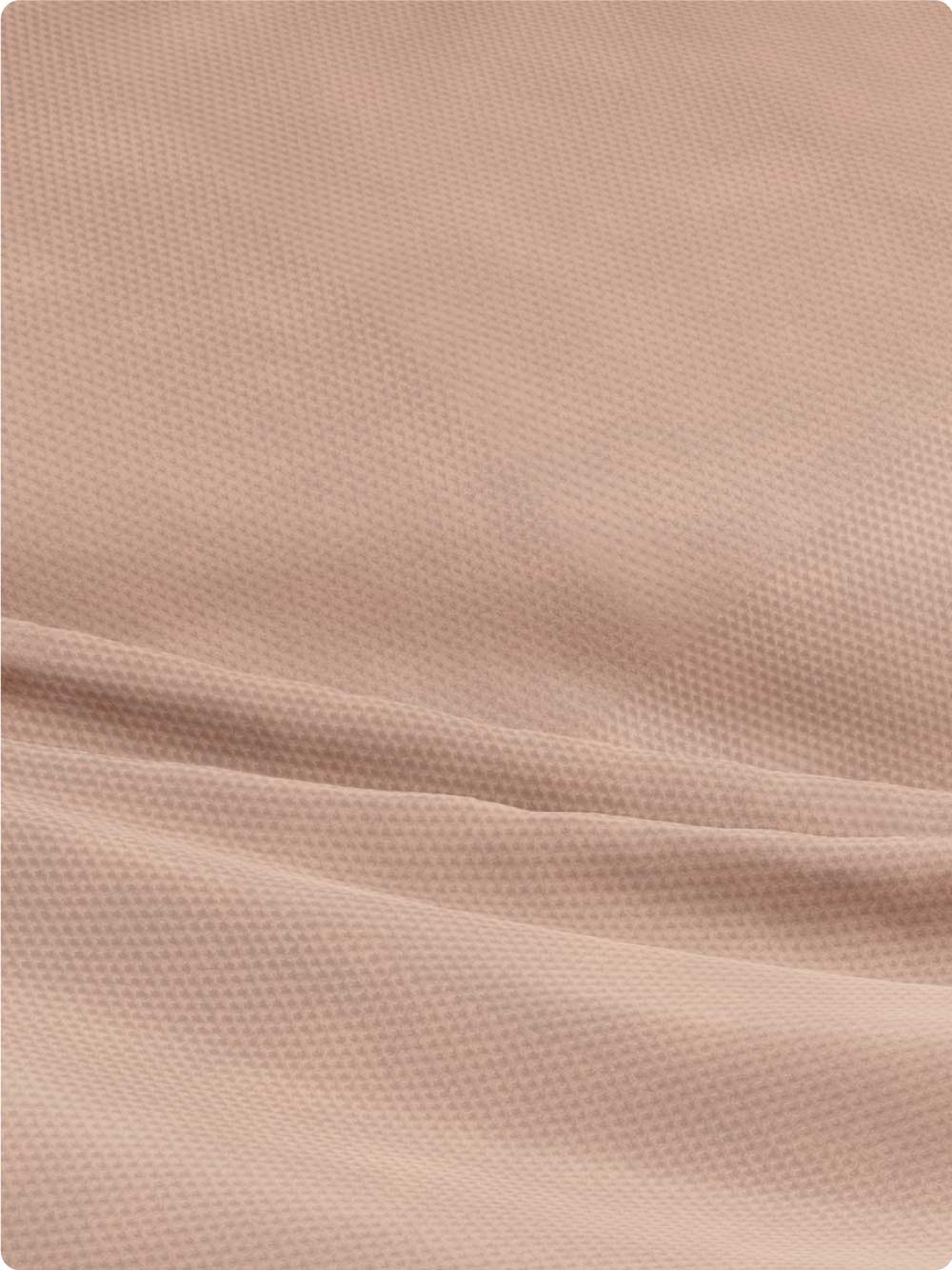

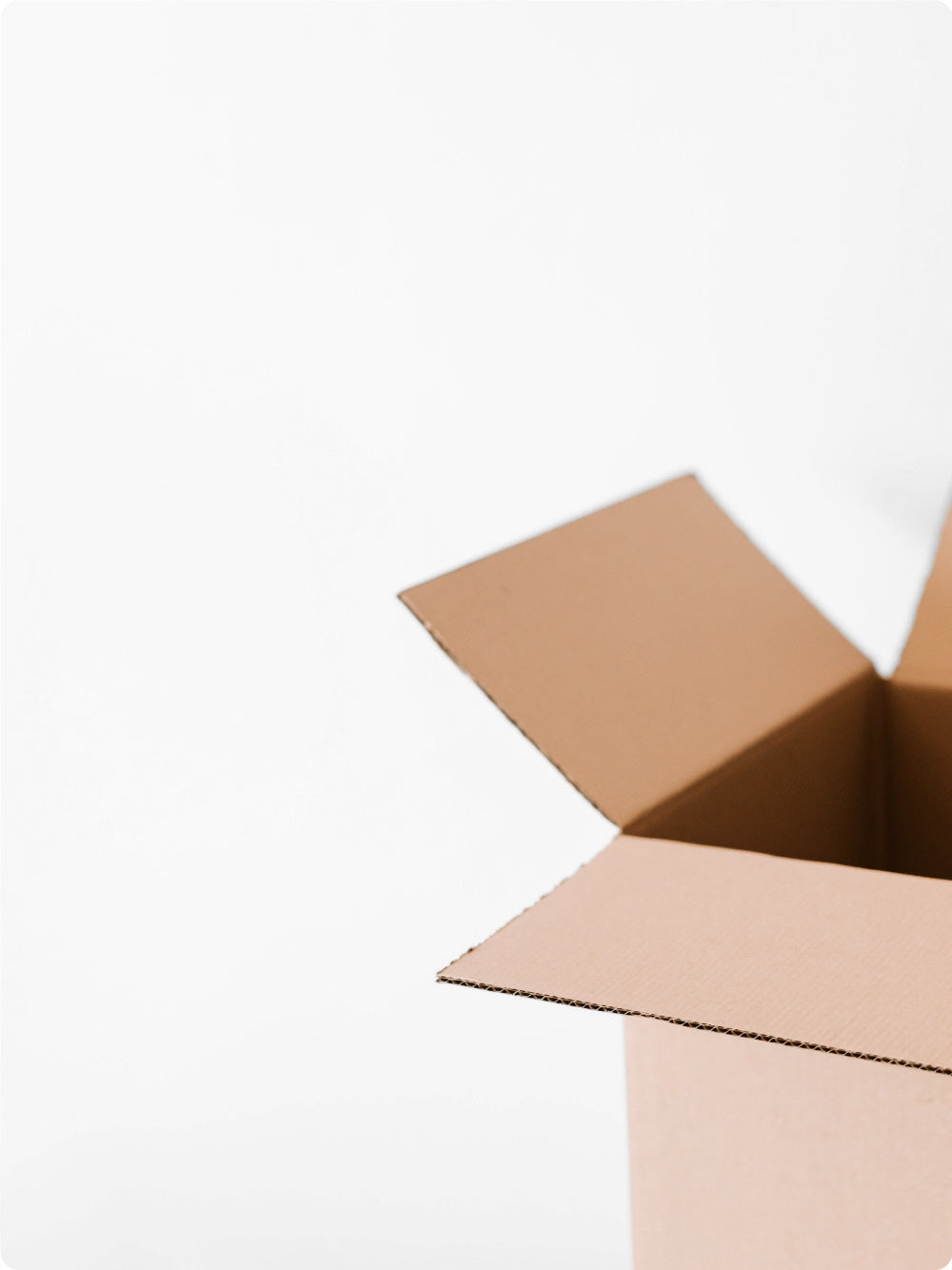
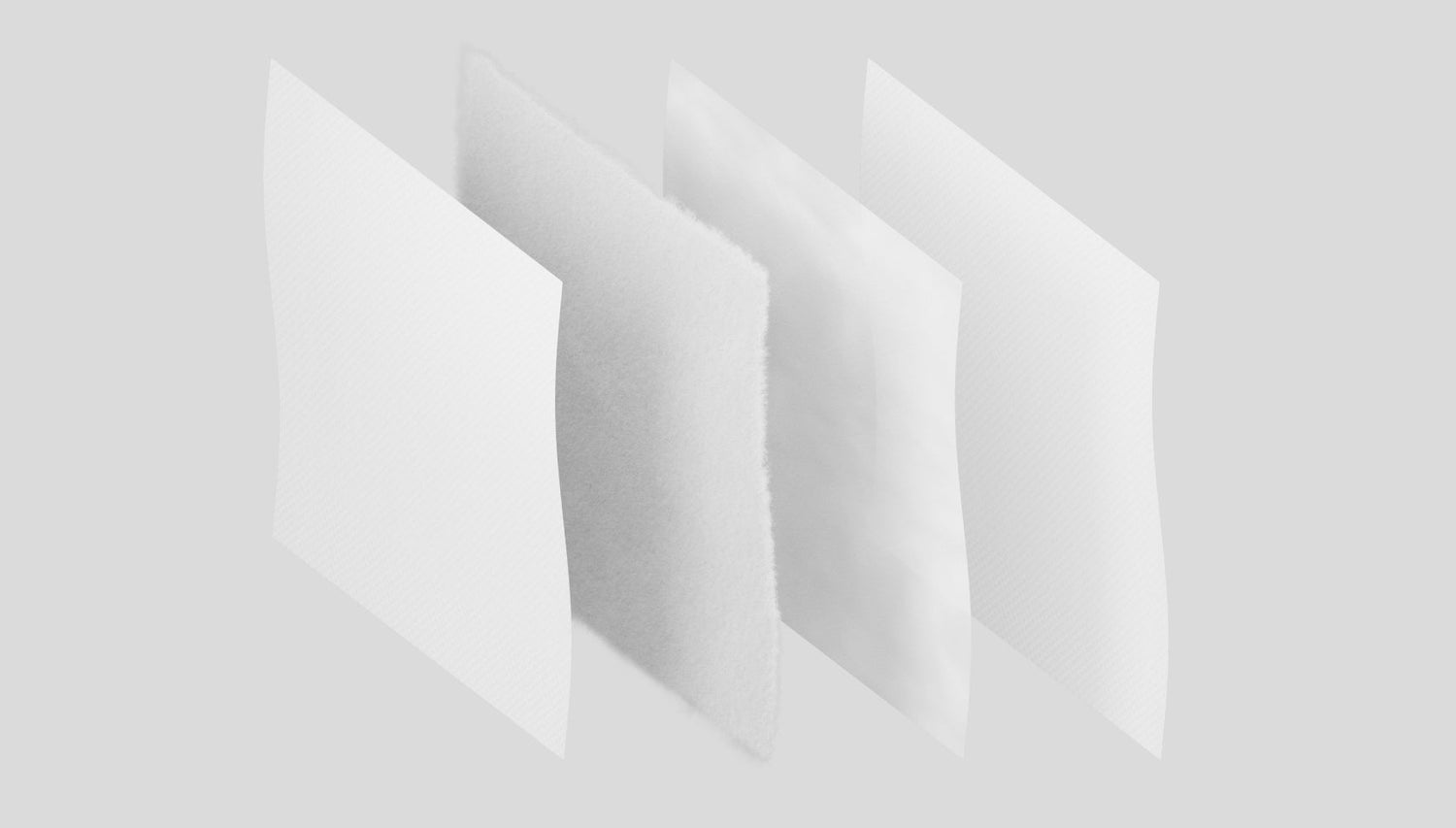


Leave a comment
All comments are moderated before being published.
This site is protected by hCaptcha and the hCaptcha Privacy Policy and Terms of Service apply.